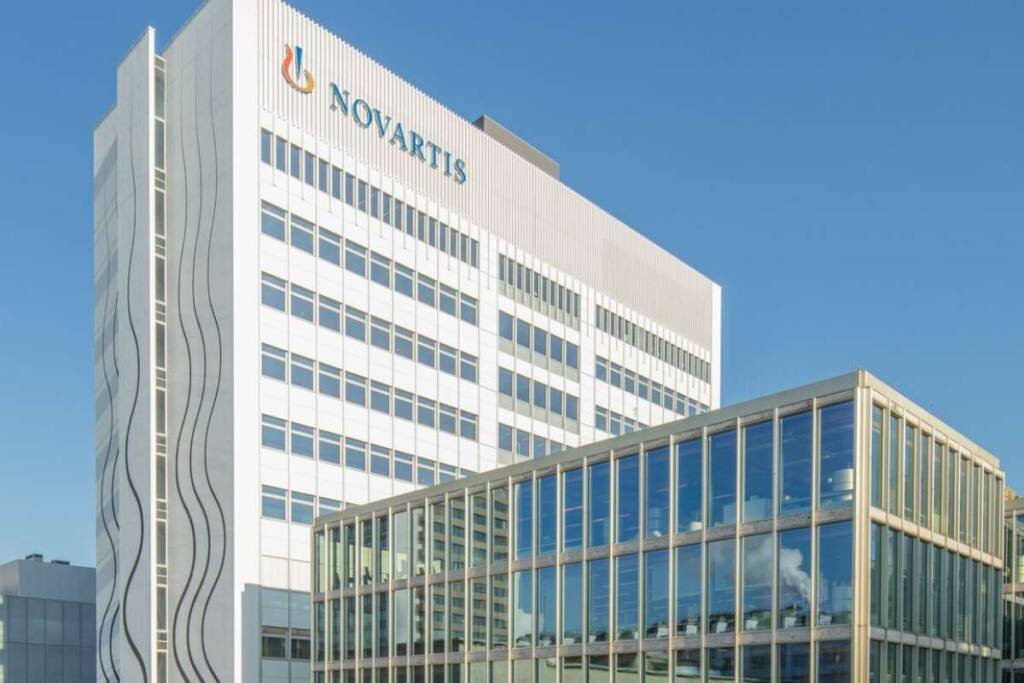Novartis, a Swiss pharmaceutical giant, is set to undergo another round of job cuts at its U.S. headquarters in East Hanover, New Jersey. The company plans to lay off 103 employees in its clinical operations, effective from November, as part of a broader effort to optimize trial recruitment and enhance trial delivery.
This move comes after a prior round of layoffs in late 2022 when Novartis unveiled plans to eliminate 285 jobs across various units at the same East Hanover campus. Roles in commercialization, drug development, and corporate operations were affected during the previous round of cuts.
The company’s spokesperson highlighted that the new approach to trial operations aims to achieve better consistency and coordination across different regions. This strategy addresses the industry-wide challenge of rising costs associated with developing new medicines.
Novartis is pursuing an organizational shift in its East Hanover headquarters to enable better collaboration among its approximately 4,100 employees. The new campus design aims to create a cohesive environment that fosters teamwork and shared culture within the Innovative Medicines US organization.
Novartis CEO Vas Narasimhan had initiated a major restructuring in April 2022, revealing plans to eliminate around 8,000 jobs globally, equating to approximately 7% of its workforce. As part of this restructuring, the company aims to achieve cost savings of $1.5 billion by 2024, an increase from its initial target of $1 billion.
While focusing on job cuts and streamlining operations, Novartis has also made strategic business moves. The company divested 62 acres of land at its East Hanover campus in 2021 and is in the process of spinning off its generics and biosimilars unit, Sandoz, to concentrate on innovative medicines. This separation is anticipated to occur around October 4, 2023.
Furthermore, Novartis recently reached an agreement to divest its dry eye medication Xiidra to Bausch + Lomb in a transaction with the potential value of $2.5 billion. Additionally, the Swiss pharmaceutical company concluded a partnership involving a TIGIT cancer drug with BeiGene.
Despite these measures, Novartis remains committed to returning value to shareholders. It initiated a $15 billion share buyback program set to conclude by 2025. The company’s recent success with the positive outcomes of Kisqali in early-stage breast cancer has led CEO Narasimhan to believe that Novartis is undervalued relative to its potential.
The pharmaceutical industry is undergoing substantial transformation, marked by both operational restructuring and strategic portfolio adjustments, as companies seek to position themselves for sustainable growth amidst evolving market dynamics.





























